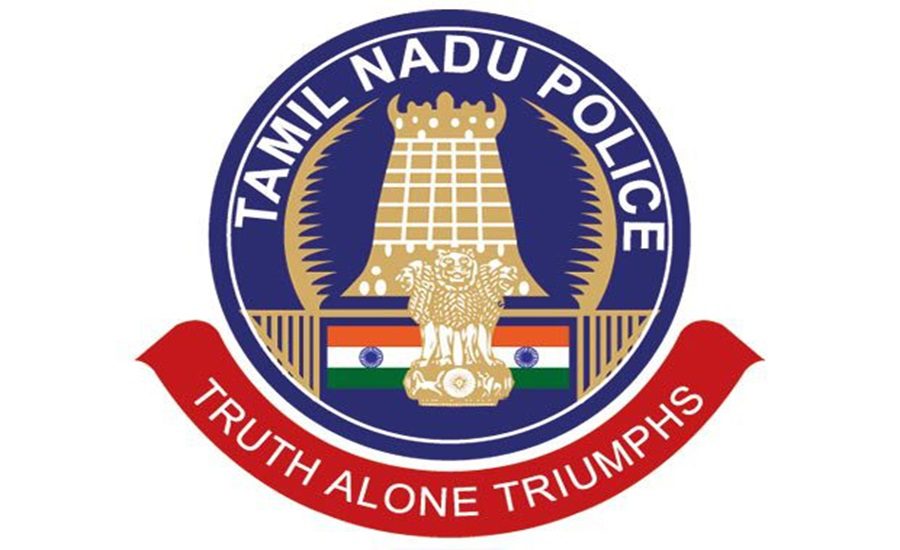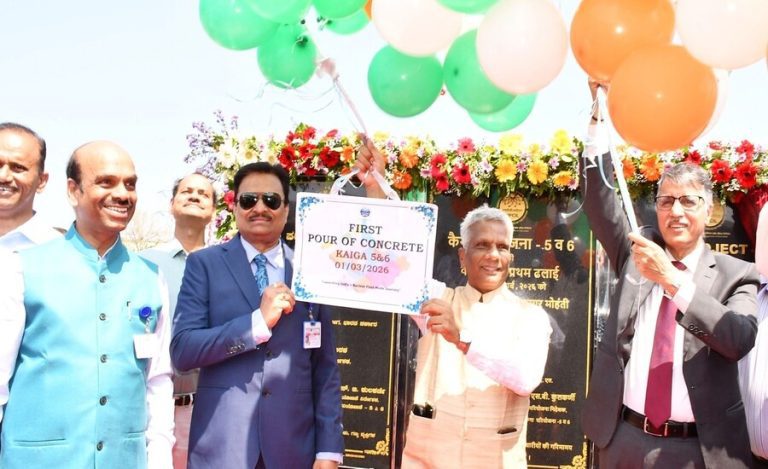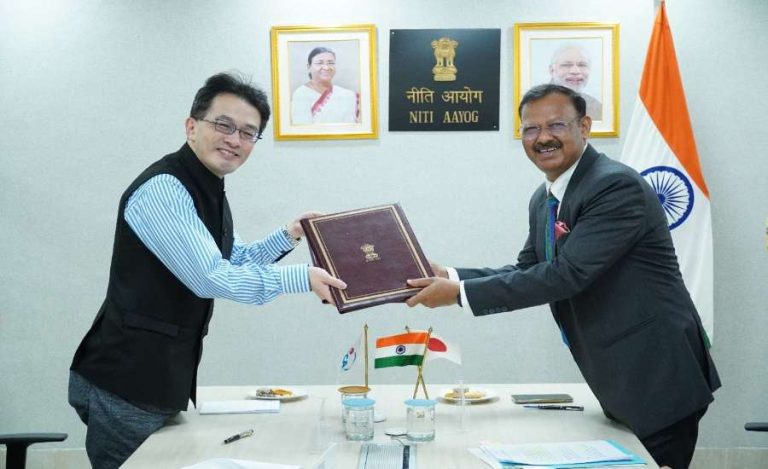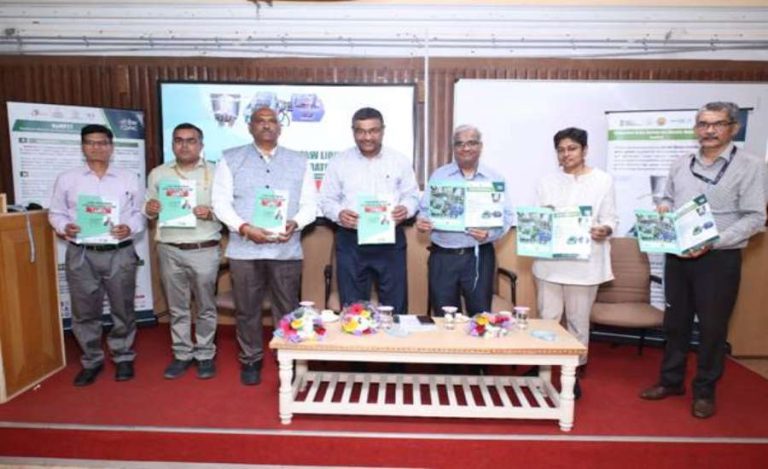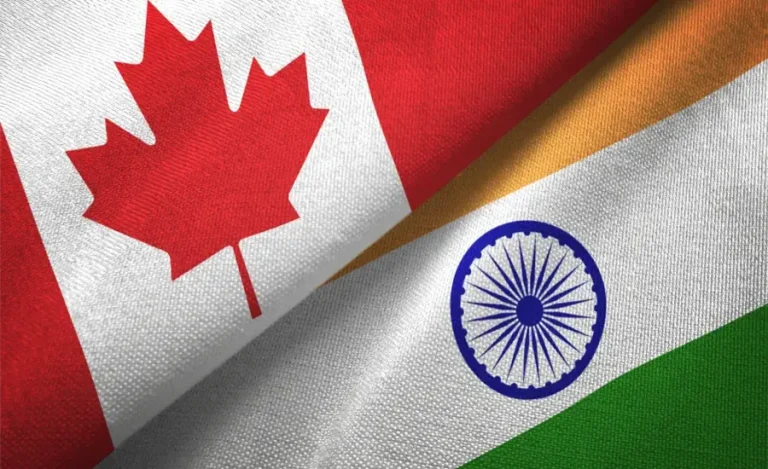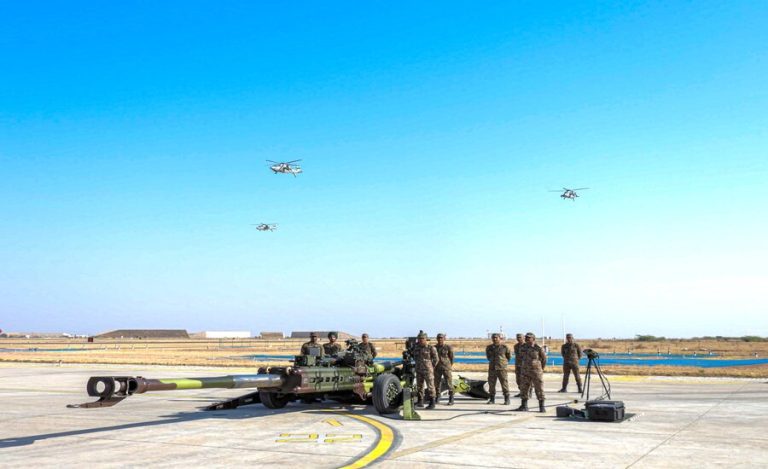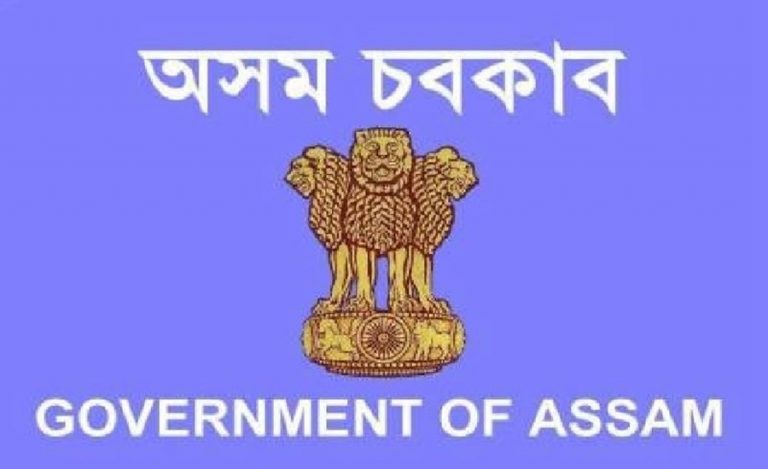Chennai: With less than six weeks remaining until the scheduled retirement of Tamil Nadu Director General of Police (DGP) Shankar Jiwal (IPS:1990:TN) on August 31, the State Government is yet to initiate the process mandated by the Supreme Court for appointing the next police chief. The delay, unprecedented for a state known for complying with judicial directives, has triggered concern and speculation across both administrative and police circles.
No Progress on SC-Mandated UPSC Panel Process
According to the landmark Prakash Singh case guidelines, the State Government must send a list of eligible senior Indian Police Service (IPS) officers to the Union Public Service Commission (UPSC) three months before the retirement of the incumbent DGP. The UPSC then shortlists three candidates, from whom the State selects one as the new Head of Police Force (HoPF).
However, with the deadline long passed and no official panel submitted to the UPSC, observers are calling the delay both “unusual” and “alarming”, especially for Tamil Nadu, which has historically adhered to this process without deviation.
Three Scenarios Under Consideration Amid Uncertainty
In the absence of any formal notification or movement from the government, three potential scenarios are currently being speculated as possible alternatives to the standard procedure:
1. Amendment to the Tamil Nadu Police Act
There is speculation that the State Government may amend the Tamil Nadu Police Act to allow greater discretion in appointing a DGP of its choosing—effectively bypassing the UPSC-led selection process. While legally contentious, such a move could give the government more control over the appointment.
2. Extension for Current DGP Shankar Jiwal
Another possibility is that DGP Shankar Jiwal could be granted a three-month extension in service. However, this would require approval from the Union Government, raising further complications given the reportedly strained relations between the Centre and State.
3. Appointment of an In-Charge or Acting DGP
In a move seen in other states, Tamil Nadu may opt to appoint an “in-charge DGP” or assign “full additional charge” to a senior officer temporarily. While this arrangement has been criticized as undermining the spirit of police reforms, it offers a legal stop-gap measure without triggering constitutional or judicial scrutiny—at least in the short term.
Political Undertones and Central-State Tensions
The delay in initiating the selection process has also brought political dimensions into focus. Analysts suggest that political considerations, especially the strained relationship between the Tamil Nadu Government and the Centre, may be influencing the current inaction. The decision to either follow or sidestep the UPSC mechanism could set a precedent for future appointments—not just in Tamil Nadu, but across other states as well.
All Eyes on Fort St. George
As the clock ticks down to August 31, all eyes are now on Fort St. George, the seat of the Tamil Nadu government, to see which course of action it will adopt. With the integrity of the police leadership transition at stake, civil society, legal experts, and the police establishment alike are calling for transparency, urgency, and adherence to the rule of law.

